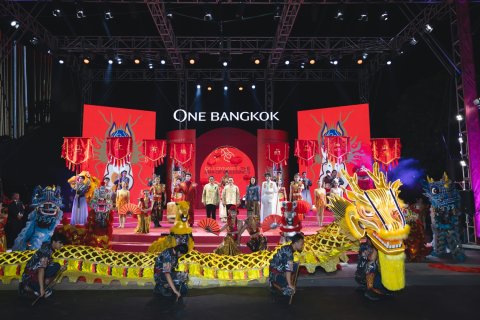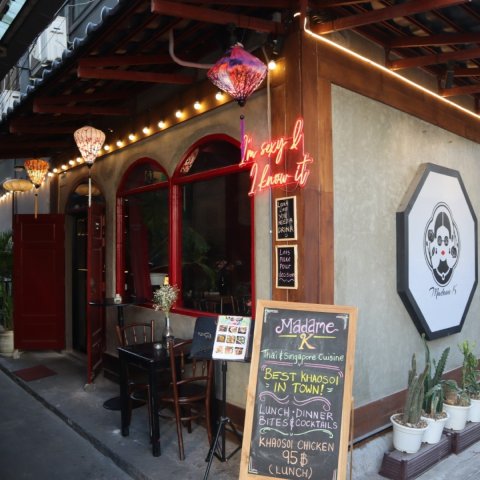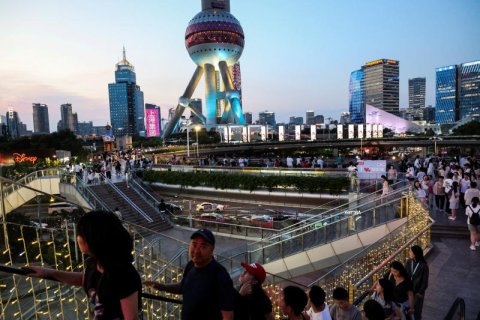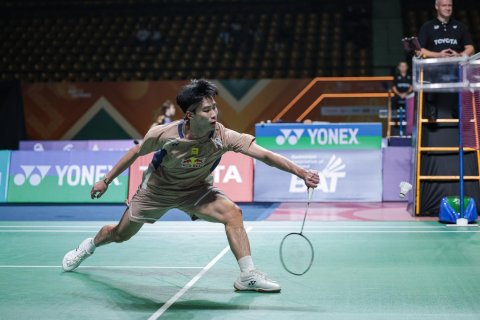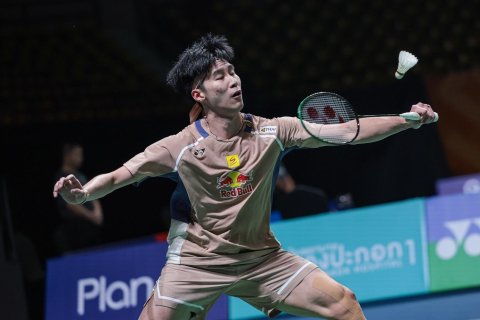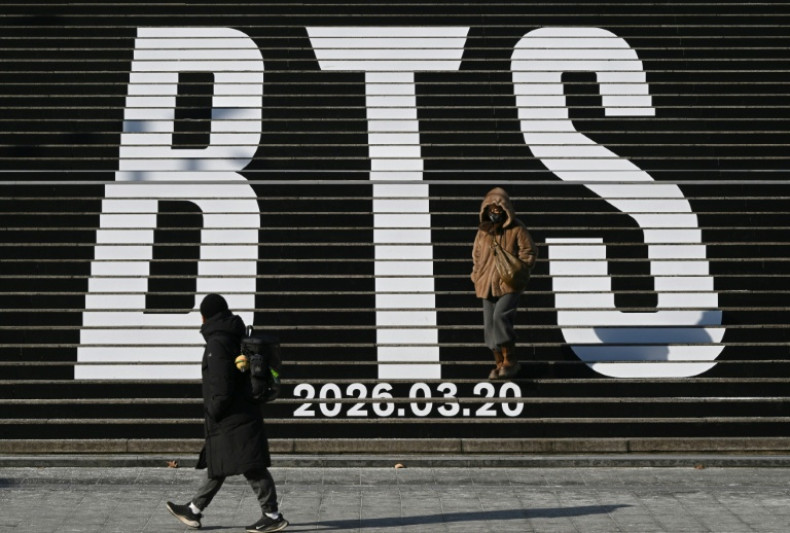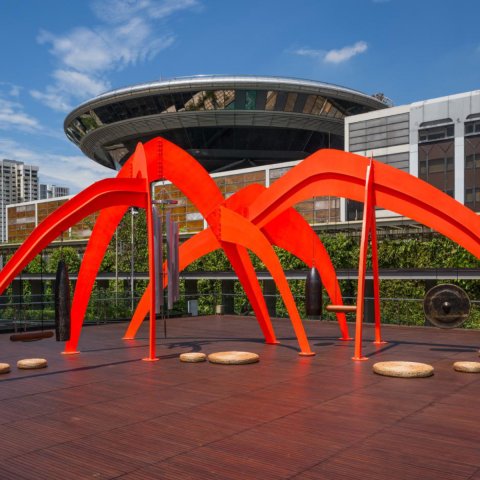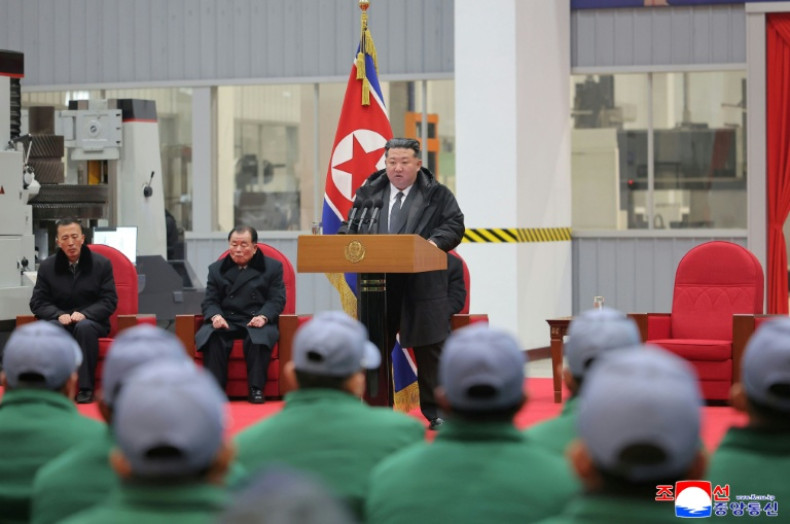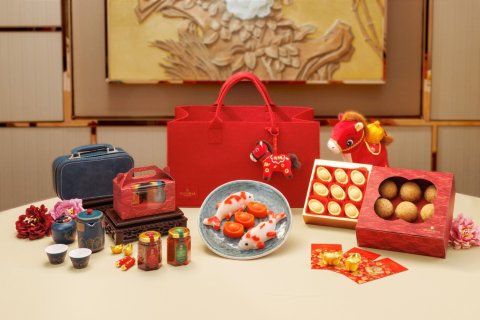Showing 1 - 10 of 730
One Bangkok Celebrates Chinese New Year 2026 with "One Dynasty: The Era of Blessings,"
Published on 11/02/2026
» One Bangkok, the global lifestyle destination in the heart of Bangkok, is poised to create a grand Chinese New Year celebration phenomenon with "One Dynasty: The Era of Blessings." Welcoming the Year of the Fire Horse 2026, it ushers in the era of infinite blessings, offering experiences that blend traditional beliefs with contemporary urban living. Central to this is the legendary 'Long Ma' (Dragon-Horse) from the I Ching – a powerful symbol of blessings and balance, born from the connection between earth and sky – set to fill lives with happiness and prosperity throughout the year. Discover numerous activities and spectacular promotions from today until March 4.
Late-night hideaway
Guru, Pornchai Sereemongkonpol, Published on 06/02/2026
» After several iterations, name changes and relocations, Madame K Kitchen & Bar finds a new home near Soi Nana, Bangkok Chinatown's hip district.
China's visa-free waivers spark Korean travel boom, underpin tourism revival
South China Morning Post, Published on 02/02/2026
» For Choi Yu-jin, a 31-year-old Seoul-based fashion designer, the perfect getaway requires three elements: value, spotless streetscapes and unforgettable flavours. And Shanghai, she says, delivers on all counts.
Rising Thai star falls short again
Sports, Published on 02/02/2026
» Panitchaphon Teeraratsakul suffered a heartbreak after he narrowly lost in the men's singles final of the BWF Princess Sirivannavari Thailand Masters on Sunday.
Panitchaphon keeps title hopes alive
Sports, Published on 01/02/2026
» Panitchaphon Teeraratsakul is bidding to become the first Thai to win the men's singles crown of the BWF Princess Sirivannavari Thailand Masters 2026 after booking his berth in the final on Saturday.
'Come more often!' Mexico leader urges K-pop stars BTS on sold-out tour
AFP, Published on 27/01/2026
» MEXICO CITY - Around the world, hundreds of thousands of fans of K-pop megastars BTS are nursing disappointment after failing to secure a ticket for their highly-anticipated comeback tour.
Artist transforms remnants of war into instruments of healing
Life, Thana Boonlert, Published on 26/01/2026
» An installation by Vietnamese-American artist Tuan Andrew Nguyen transforms remnants of the Vietnam War into healing.
North Korea's Kim sacks vice premier, rails against 'incompetence'
AFP, Published on 20/01/2026
» SEOUL — North Korean leader Kim Jong Un has fired his vice premier and railed against "incompetent" officials in a rare and very public broadside against apparatchiks at the opening of a critical factory, state media said Tuesday.
New movies out this week: Jan 8-14
Guru, Nianne-Lynn Hendricks, Published on 08/01/2026
» New releases that hit cinemas in Thailand this week.
Shangri-La Bangkok marks Chinese New Year 2026, the Year of the Horse,
Published on 08/01/2026
» Shangri-La Bangkok offers guests a selection of auspicious goodies to celebrate and welcome the prosperous Chinese New Year 2026, Year of the Horse. Available from Jan 12 until Feb 22, 2026.




